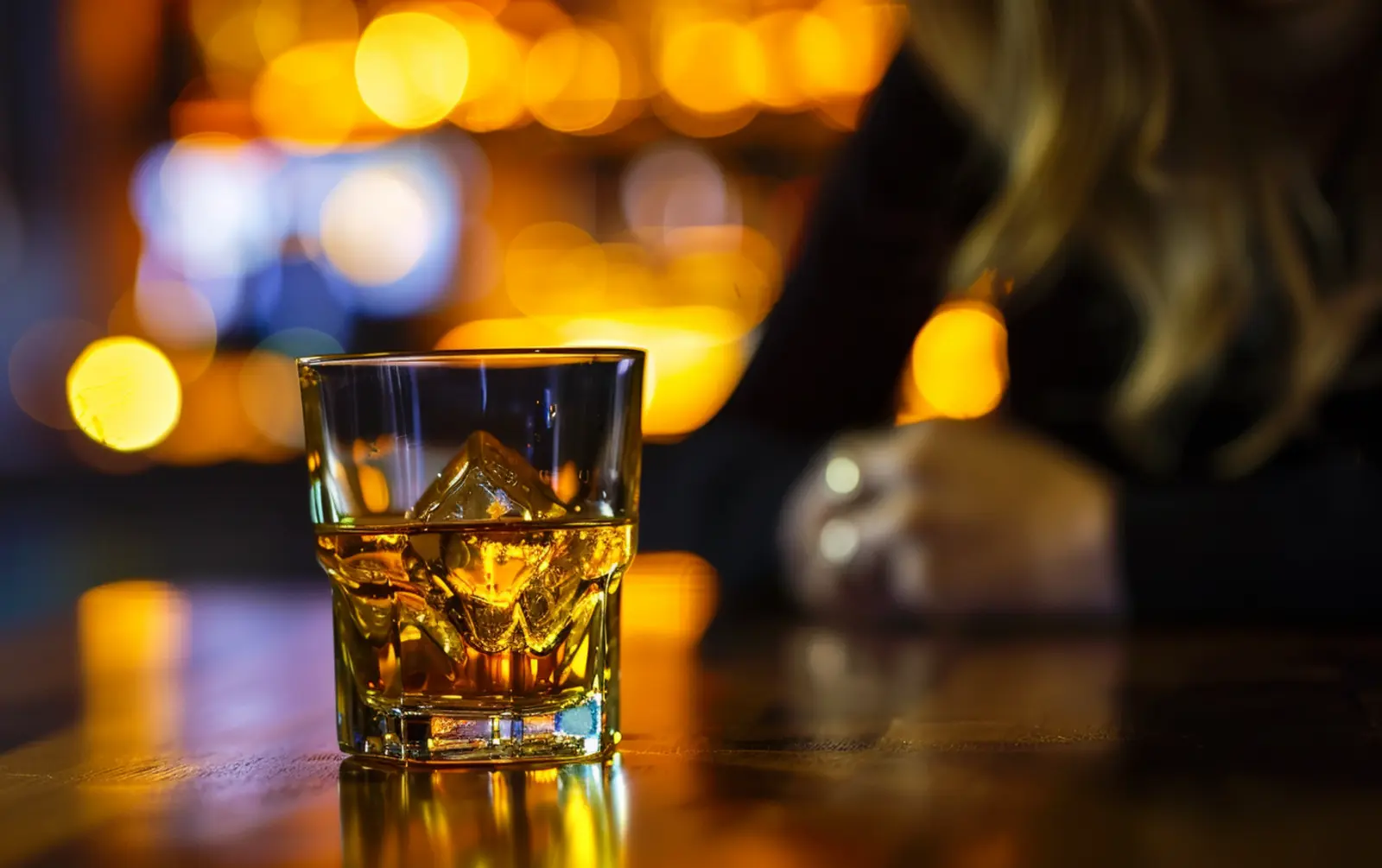What Happens if You Have Alcohol Poisoning?
Written By:

Table of Contents
- What Is Alcohol Poisoning?
- The Danger of Binge Drinking
- What Does Alcohol Poisoning Do to The Body?
- What Are the Symptoms of Alcohol Poisoning?
- What to Do If Someone Is Suspected of Having Alcohol Poisoning
- What Not to Do for Alcohol Poisoning
- How to Avoid Getting Alcohol Poisoning
- Getting Help with Alcohol Addiction Following Alcohol Poisoning
What happens if you have alcohol poisoning? This can be vital information for many Americans. Many people in the United States drink alcohol every day of the week, and a surprising number drink far too much. Of those people, there are more than 2,000 deaths from alcohol poisoning each year—a total of about six every day. These are very sobering statistics.
Alcohol poisoning is something most people who drink don’t really think about because few people understand their bodies have limits when it comes to alcohol tolerance, and very few understand how rapidly alcohol poisoning occurs and how little warning it gives.
What Is Alcohol Poisoning?
Alcohol poisoning happens when someone drinks an excessive amount of alcohol—so much so it floods his or her bloodstream and affects the parts of the brain responsible for controlling vital functions, such as temperature, heart rate, and breathing. A low body temperature, seizures, and uneven or depressed breathing all indicate potential alcohol poisoning.
Although it’s possible to suffer from alcohol poisoning by accidentally consuming ethanol from some household products, in most cases, it happens because someone has had too many drinks in too short a period. A human liver is only able to process a certain about of alcohol in an hour, with the amount differing between beverages:
- 12 ounces of beer
- 5 ounces of wine
- 8 ounces of malt liquor
- 1.5 ounces of distilled spirits
The Danger of Binge Drinking
Binge drinking has been found to be one of the primary causes of alcohol poisoning in the United States. Binge drinking means drinking four drinks or more within two hours for females or five drinks or more over the same period for males. Young adults are at risk of alcohol poisoning from binge drinking because of their cultural environment and peer pressure. Ninety percent of people who have alcohol poisoning from binge drinking aren’t alcohol-dependent. But, alcohol abuse disorder has been linked to 30 percent of deaths relating to alcohol.
What Does Alcohol Poisoning Do to The Body?
If someone drinks more alcohol than the liver can process in an hour, that extra amount remains in the body and takes longer to be processed. Because alcohol is consumed as a liquid, it is digested before entering the bloodstream and brain. If someone begins to display signs of alcohol poisoning, not all the alcohol that was consumed may yet be in his or her bloodstream.
The effects of alcohol poisoning include:
- Slowed brain function. Coordination and balance are affected first. Then, it spreads to the other systems in the body.
- The stomach becomes irritated and vomiting occurs.
- The muscles stop coordinating and lose sensitivity, causing the gag reflex to stop. This can lead to choking on vomit.
- The nerves that control breathing and heartbeat are affected, and this could cause slowing, irregularity, or even stoppage.
- Blood sugar levels drop, causing seizures.
- The body temperature drops, resulting in hypothermia.
- The body dehydrates, leading to potential brain damage.
What Are the Symptoms of Alcohol Poisoning?
- Hypothermia
- Vomiting
- Disorientation or confusion
- Unconsciousness
- Clammy and cold skin
- Irregular pulse
- Poor coordination
- Seizures
- Depressed breathing
- Choking
- Blue skin
- Loss of control of the bladder or bowels
What to Do If Someone Is Suspected of Having Alcohol Poisoning
If your friend or family member is suspected of suffering from alcohol poisoning, call 911 immediately. Stay with him or her to make sure he or she doesn’t choke or hurt himself or herself. Get emergency assistance immediately, even if he or she is speaking and is conscious, because the alcohol may not have entered the bloodstream yet.
While you wait for an ambulance, do the following:
- Keep the person awake if you can.
- Keep him or her sitting upright.
- If he or she is conscious and can swallow, persuade him or her to sip some water slowly.
- If the person is unconscious, roll him or her over to one side and keep his or her arms up and over his or her head to prevent any choking on vomit.
- Cover him or her with a blanket.
What Not to Do for Alcohol Poisoning
Don’t feed the person anything since choking is a possibility, and don’t give him or her any medication or try to make him or her sick. Also, don’t encourage the individual to walk since his or her poor coordination could cause a fall. Refrain from shocking him or her with cold water since this increases the chance of hypothermia and don’t let him or her go to sleep. At all costs, you should never leave the individual alone and keep him or her away from any more alcohol.
Once emergency help arrives, the individual will be taken to the hospital, given treatment, and monitored until all the alcohol has left his or her system. Hospital treatments can include;
- ongoing monitoring for lasting damage
- intubation to improve breathing and prevent choking
- oxygen therapy
- fluids are given intravenously for rehydration
- glucose
- vitamins to boost blood sugar and guard against seizures
- a stomach pump to get rid of the remaining alcohol.
How to Avoid Getting Alcohol Poisoning
There are some simple steps to make sure you don’t suffer from alcohol poisoning:
- Only drink moderately—One drink an hour maximum.
- Have a drink of water after each drink.
- Avoid drinking alcohol before eating.
- Never play a drinking game or put yourself in a situation where you’re pressured to drink to excess.
- Never mix alcohol with prescription medication or other substances.
Getting Help with Alcohol Addiction Following Alcohol Poisoning
At our outpatient drug rehab NJ facility we can help. If you have suffered from alcohol poisoning, you may not have a substance abuse disorder. However, you should think about your level of alcohol consumption. If you think you have an alcohol addiction, you should seek professional help. SOBA New Jersey’s Addiction Treatment Center offers an innovative approach to treating addiction. It addresses the underlying causes of substance abuse to resolve those issues and help you move on to a sober life.
SOBA’s qualified doctors and therapists can customize a rehab treatment plan tailored to your individual needs so you can maximize your chance of success, minimize your chance of relapse and go on to a productive, happy, and healthy life in the future without alcohol in it.


